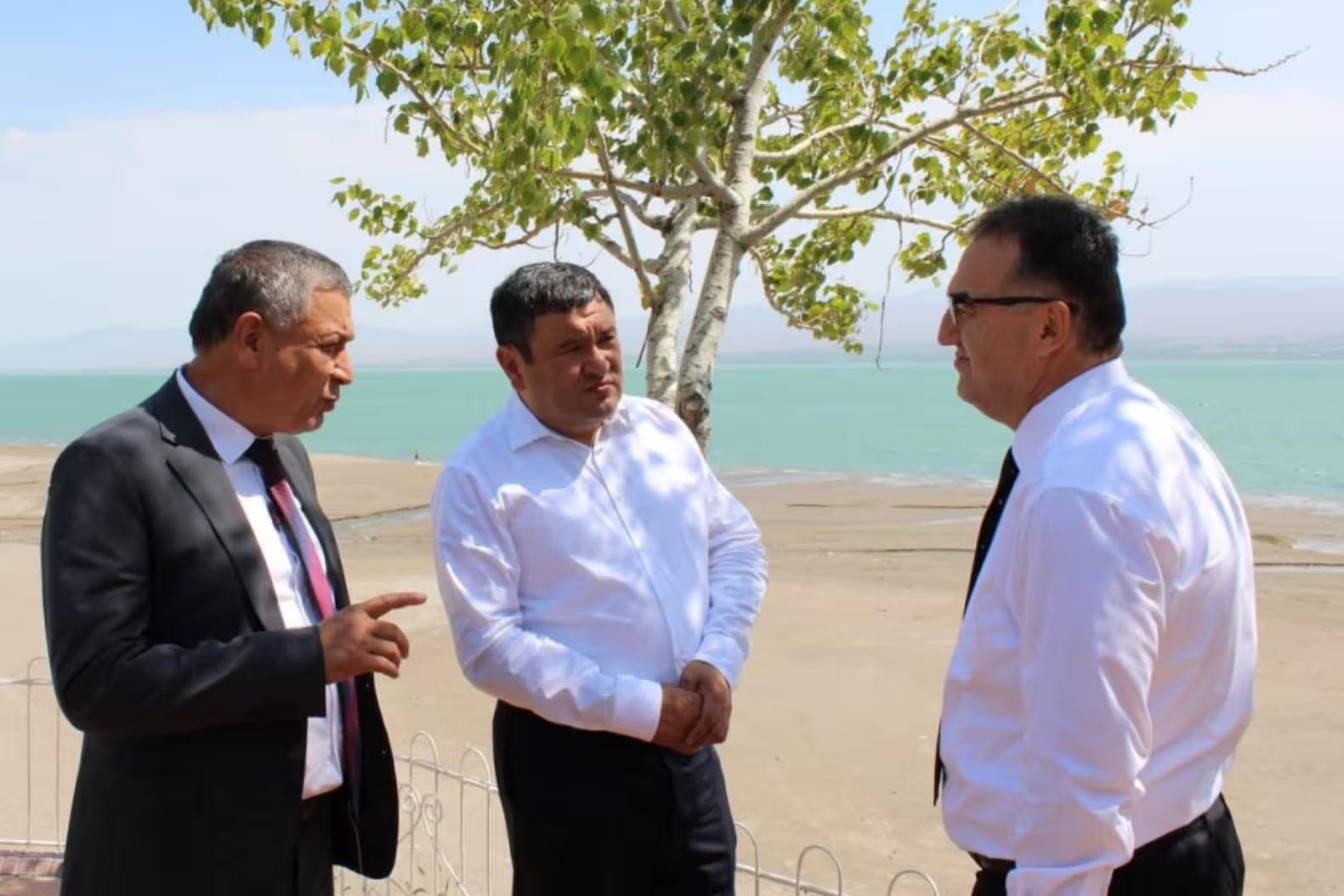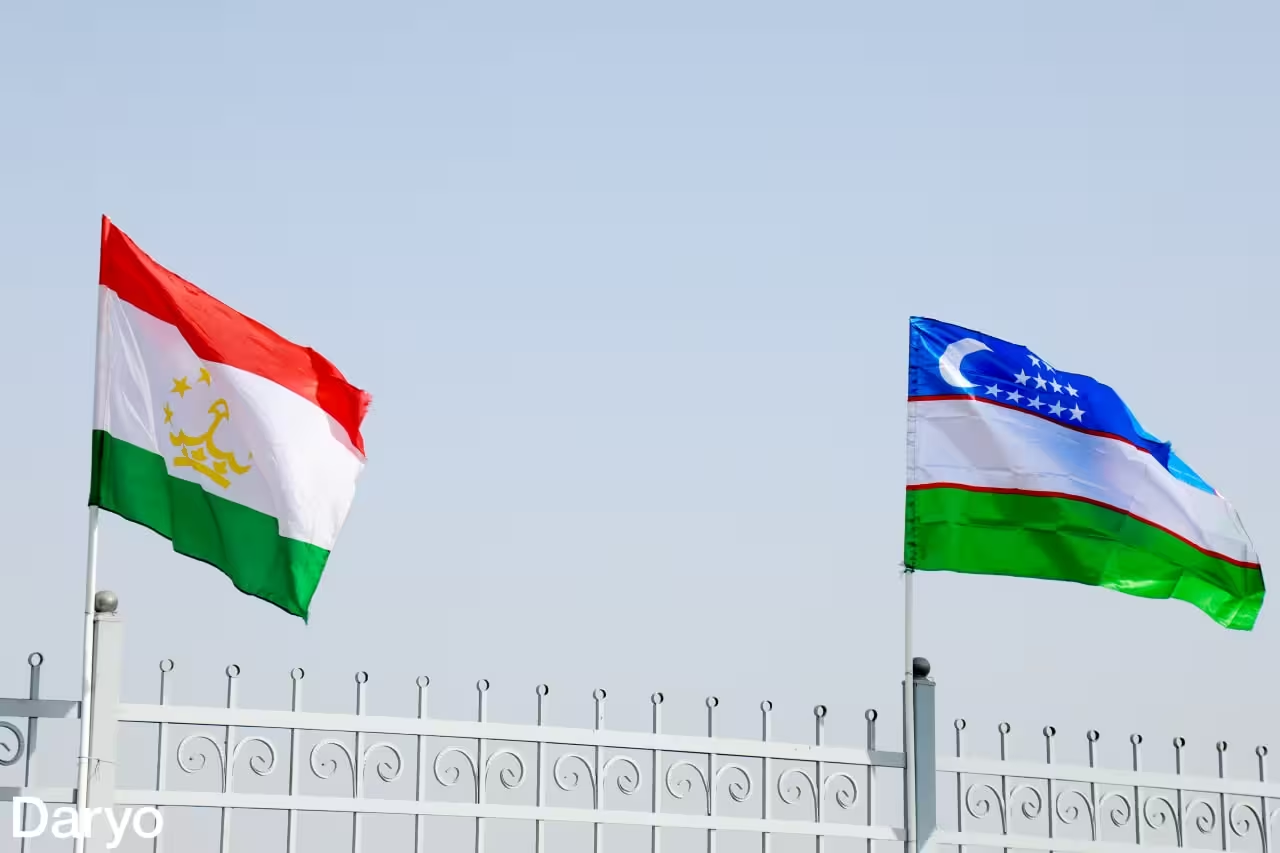Tajikistan and Uzbekistan have agreed to coordinate the operation of their energy systems for the upcoming winter, following a high-level meeting in Guliston, Sughd region, according to Asia-Plus, citing the energy ministries of both countries.

The working meeting brought together Tajikistan’s Minister of Energy and Water Resources, Daler Juma, and Uzbekistan’s Minister of Energy, Jurabek Mirzamakhmudov, along with specialists and representatives from leading fuel and energy companies.
Officials noted that bilateral cooperation, initiated under the leadership of presidents Emomali Rahmon and Shavkat Mirziyoyev, has been steadily expanding across various sectors, with energy remaining a key focus. Particular attention was given to the coordination of energy systems during the 2025–2026 autumn-winter period and the implementation of the “Reconnection to the Unified Energy System of Central Asia” project.
Following the talks, the ministers expressed satisfaction with the current level of cooperation and reaffirmed their commitment to strengthening what they described as fraternal and strategic relations in the interests of both nations.
As part of the program, the energy ministers visited the Bahri Tojik reservoir, also known as the Tajik Sea. The facility plays a critical role in supporting agriculture in Tajikistan, Uzbekistan, and Kazakhstan by providing irrigation, while also serving as the primary water source for the Kairokkum Hydropower Plant (HPP).

The Kairokkum HPP contributes significantly to energy supply in Tajikistan’s Sughd region, powering industrial and social infrastructure. Beyond its economic role, the reservoir’s scenic surroundings and recreational opportunities have also made it a popular destination for domestic and international tourists.
The reconnection project seeks to integrate Tajikistan’s electric power grid back into the Central Asian energy system through cross-border links with Uzbekistan. Once completed, the initiative will enable stable electricity exchanges across the region, balancing generation and consumption while boosting supply reliability during peak demand.
The Asian Development Bank (ADB) has approved a $15mn grant to support the project, which is expected to strengthen regional energy cooperation, enhance the efficiency of both hydropower and thermal generation, and promote deeper economic integration in Central Asia.
In 5M25, trade between Uzbekistan and Tajikistan reached $265.7mn, slightly higher than $261.7mn a year earlier, but still lower than the $285.4mn recorded in 2023.
In July, Tajikistan approved a draft agreement with Uzbekistan on long-term electricity exports from the Rogun Hydropower Plant, setting out the principles of bilateral power trade. The deal covers a 20-year supply period, with an option for an additional 10-year extension unless either party withdraws six months before its expiry.
Follow Daryo's official Instagram and Twitter pages to keep current on world news.
Comments (0)